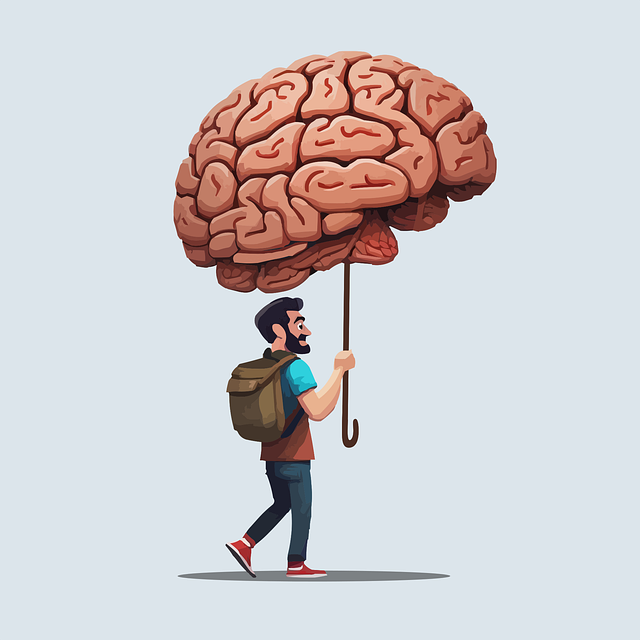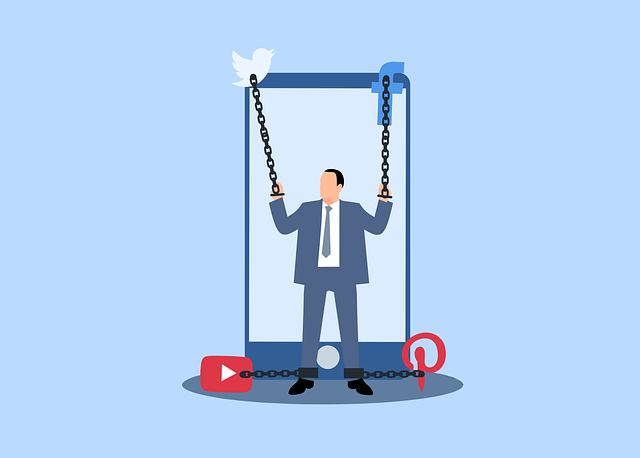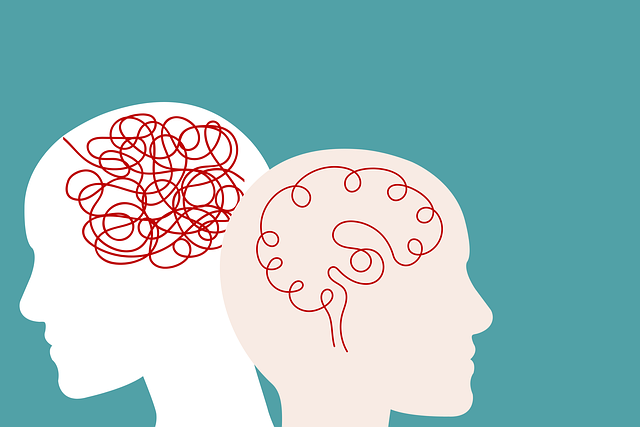Lafayette Blended Families Therapy offers specialized support for families navigating complex dynamics and stress caused by blending. Using evidence-based techniques like CBT and family systems theory, therapists facilitate open communication, resolve conflicts, and teach coping strategies to build resilience and strengthen relationships. By integrating mindfulness, positive thinking, and mental health policy advocacy, Lafayette Blended Families Therapy empowers blended households to manage stress proactively, enhancing overall well-being.
Stress reduction is a vital aspect of maintaining healthy Lafayette blended families. This article explores effective methods to mitigate stress within these unique family structures, focusing on the impact of therapy and practical strategies for daily relaxation. By understanding the specific challenges faced by blended families, parents can build resilience and strengthen bonds, fostering a more harmonious environment. We delve into evidence-based therapies tailored to these families and offer actionable tips for promoting well-being, ensuring a brighter future for all members.
- Understanding Stress and Its Impact on Blended Families
- The Role of Therapy in Reducing Family Stress
- Practical Strategies for Daily Relaxation and Well-being
- Building Resilience and Strengthening Family Bonds Through Stress Management
Understanding Stress and Its Impact on Blended Families

Stress is a prevalent issue within blended families, where individuals from different backgrounds and previous relationships come together to form a new household. This unique dynamic can introduce various sources of stress, from adapting to shared routines to managing complex family structures. Understanding and recognizing these stressors is the first step towards creating a healthier and happier environment for all members.
In Lafayette Blended Families Therapy, professionals focus on helping families navigate these challenges by providing tools for effective communication, conflict resolution, and emotional support. Through therapy, blended families can learn coping strategies to manage stress, build resilience, and foster stronger relationships. This proactive approach not only mitigates the negative impact of stress on mental health but also encourages a sense of belonging, boosts confidence, and even aids in depression prevention. Moreover, by addressing these issues openly, Lafayette Blended Families Therapy contributes to Mental Illness Stigma Reduction Efforts, creating a safer space for all family members to express themselves without fear of judgment.
The Role of Therapy in Reducing Family Stress

Family stress is a unique challenge that often requires professional intervention to effectively manage and overcome. This is especially true for blended families, where step-parents, children from previous relationships, and sometimes diverse cultural backgrounds come together, creating complex dynamics. Lafayette Blended Families Therapy offers a specialized approach to navigate these complexities. Through various therapeutic techniques, such as cognitive-behavioral therapy (CBT) and family systems theory, individuals within the family unit can learn healthy coping mechanisms and improve communication.
The role of a therapist is multifaceted; they facilitate emotional healing processes by providing a safe space for each family member to express their feelings and concerns. This environment encourages open dialogue, helping to identify sources of stress and develop personalized strategies for stress management. Additionally, therapists teach valuable skills in conflict resolution, emotion regulation, and effective parenting practices tailored to the unique needs of blended families. With dedicated support, these families can foster mental wellness and create lasting positive change, ensuring a more harmonious home environment.
Practical Strategies for Daily Relaxation and Well-being

In today’s fast-paced world, finding moments for relaxation and emotional healing processes is essential for maintaining well-being, especially within blended families. Lafayette Blended Families Therapy offers practical strategies to navigate the unique challenges these families face. Through personalized counseling sessions, individuals and couples can learn effective coping mechanisms tailored to their specific needs. By fostering open communication and providing a safe space, therapy empowers family members to build resilience and strengthen their relationships.
Integrating mindfulness practices, such as deep breathing exercises and meditation, into daily routines can significantly enhance mental health. Healthcare provider cultural competency training is also crucial in creating inclusive environments where blended families feel supported. Encouraging self-care activities, like engaging in hobbies or spending time in nature, further contributes to overall well-being. Additionally, Mental Health Policy Analysis and Advocacy plays a vital role in shaping systemic support for diverse family structures, ensuring access to quality care for all.
Building Resilience and Strengthening Family Bonds Through Stress Management

Managing stress is a vital skill, especially for families navigating the complexities of blended households. Lafayette Blended Families Therapy offers a supportive space to address these unique challenges and strengthen bonds. Through individualized therapy sessions, family members can learn effective coping strategies tailored to their specific needs. This process empowers them to build resilience, fostering an environment where everyone feels heard and understood.
By integrating Positive Thinking and Mind Over Matter Principles, therapy sessions encourage families to reframe stress as a manageable challenge. This shift in perspective allows for more proactive problem-solving, enhancing communication and connection within the family unit. With consistent practice, these strategies can significantly improve mental health outcomes, as supported by robust Mental Health Policy Analysis and Advocacy research.
In conclusion, managing stress within blended families is a multifaceted approach that combines understanding, therapy, practical strategies, and building resilience. By implementing these techniques, Lafayette blended families can navigate challenges more harmoniously, fostering stronger bonds and enhancing overall well-being. Therapy plays a pivotal role in unraveling the complexities of blended family dynamics, while daily relaxation practices promote individual and collective mental health. Ultimately, recognizing and addressing stress proactively creates a more peaceful and nurturing environment for all involved.











